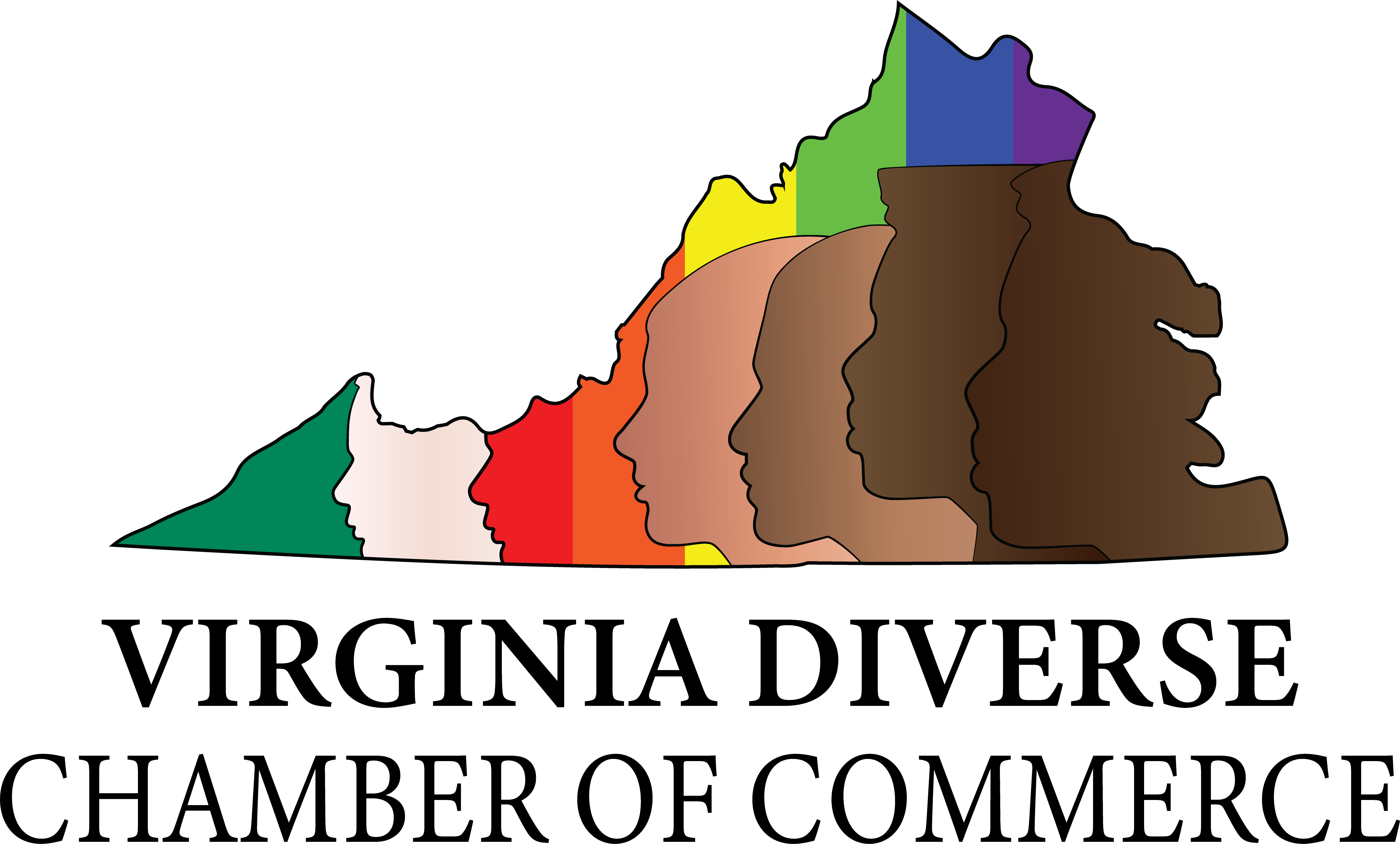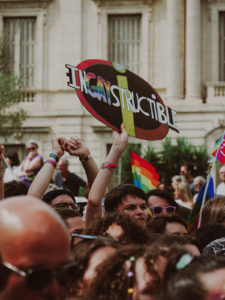The Virginia Diverse Chamber of Commerce as a part of its mission, provides resources for LGBTQIA-owned businesses, advocates for LGBTQIA rights, and promotes greater understanding and acceptance of LGBTQIA individuals.
LGBTQIA-owned businesses often face “Lack of Representation” and may struggle to gain visibility and recognition in their industries, which can limit their opportunities for growth and success.
LGBTQIA business owners may face challenges in finding networking and mentorship opportunities, as well as role models who share their experiences.
The Virginia Diverse Chamber of Commerce Business coordinates events that are specifically geared towards LGBTQ small businesses to include:
LGBTQ Networking Events: These events provide a platform for LGBTQ entrepreneurs and business owners to connect with each other, share their ideas and build relationships.
Diversity and Inclusion Workshops: These workshops help LGBTQ small businesses create a more inclusive and welcoming workplace for their employees and customers.
LGBTQ Business Meetups: These meetups are informal gatherings of LGBTQ entrepreneurs and business owners and provide a relaxed environment for networking and sharing ideas.
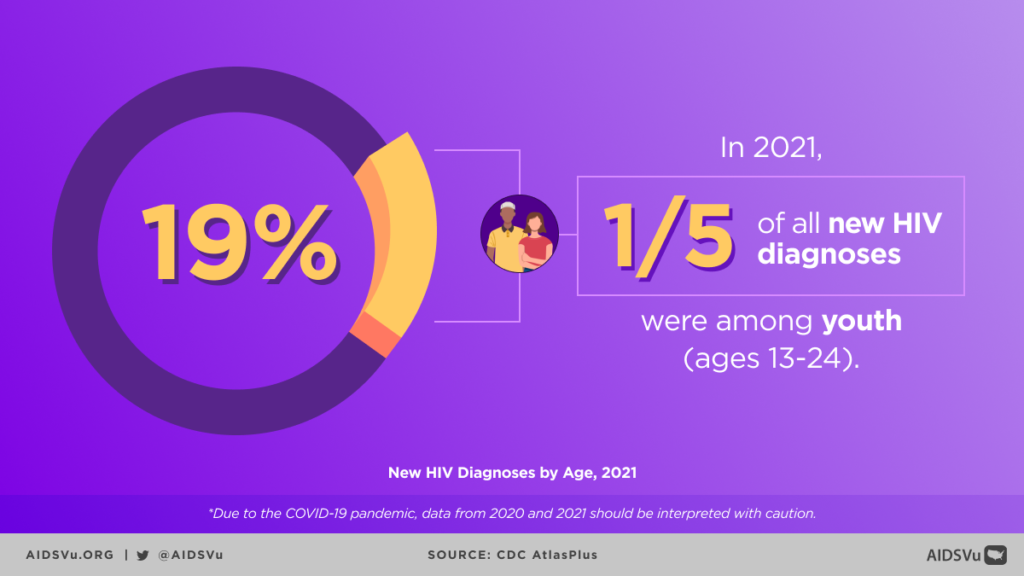
GOT AN IDEA, LET US KNOW!
Check out 5 ways to take action now:
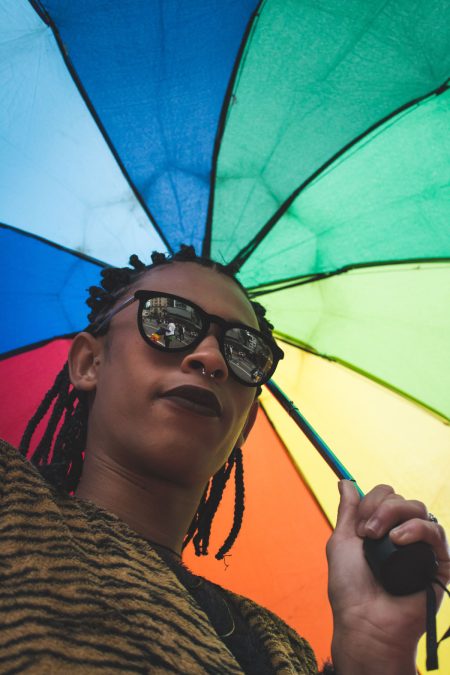
Additional Resources
- The IHS National HIV/AIDS Program coordinates and promotes HIV/AIDS prevention and treatment activities specific to Indigenous communities as part of a comprehensive public health approach. Visit the site to learn more.
- The National Native HIV Network resources page provides information from various federal partners, including the CDC, IHS, the Minority HIV/AIDS Fund, and HIV.gov. You may view the site here . Exit Disclaimer and sheets Exit about HIV in Native communities.
- Read IHS’ Two-Spirit web page to learn more about the term and how it is used to describe gender-variant members of Native communities.
- For more information on what you can do to help end HIV and AIDS, visit Greater Than AIDS.
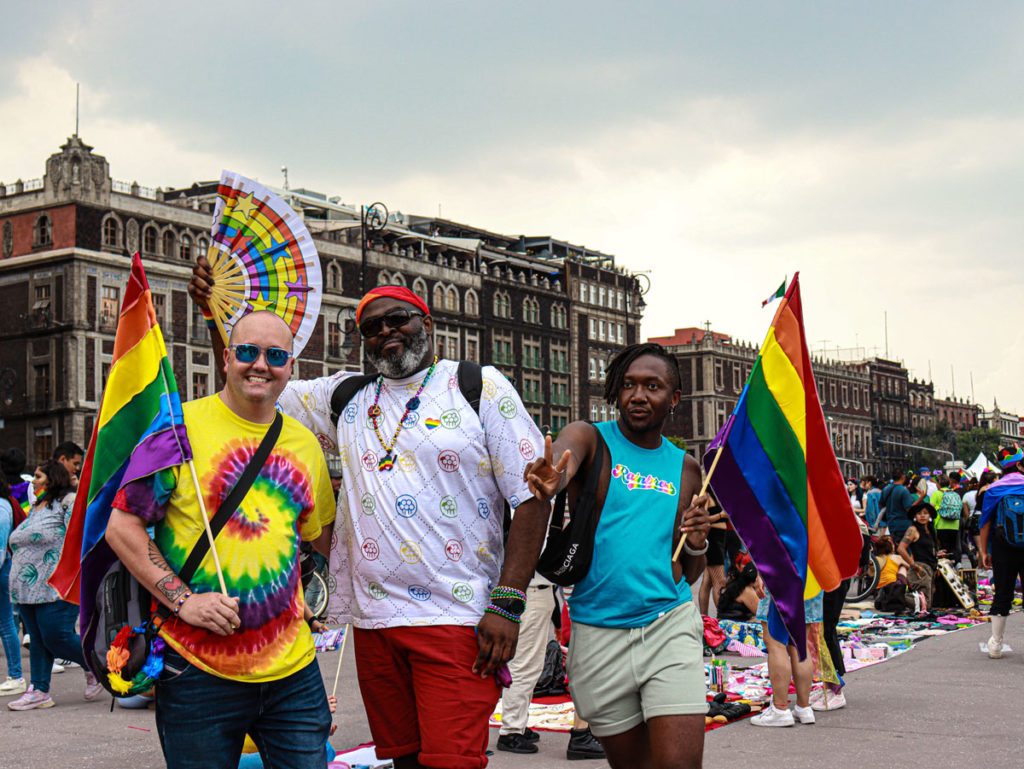
HIV/AIDS
The LGBTQIA business community faces a range of issues and concerns that are unique to their experiences. Here are some of the most important issues and concerns that are commonly cited by members of the LGBTQIA business community:
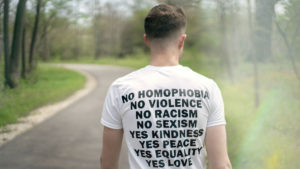
- Discrimination and Harassment – LGBTQIA individuals may face discrimination and harassment in the workplace, including being passed over for promotions or experiencing bullying from coworkers or superiors.
- Access to Capital – Many LGBTQIA individuals face barriers to accessing capital for their businesses, including discrimination from banks and other financial institutions.
- Lack of Representation – LGBTQIA-owned businesses may struggle to gain visibility and recognition in their industries, which can limit their opportunities for growth and success.
- Networking and Mentorship – LGBTQIA business owners may face challenges in finding networking and mentorship opportunities, as well as role models who share their experiences.
- Legal Protections – LGBTQIA business owners may face legal challenges related to their sexual orientation or gender identity, including discrimination in employment and access to public services.
- Health Care Access – LGBTQIA business owners may face challenges in accessing health care, including discrimination from providers and insurers.
- Community Support – LGBTQIA business owners may seek out support and resources from the wider LGBTQIA community, including advocacy organizations and peer networks.
The LGBTQIA (Lesbian, Gay, Bisexual, Transgender, Queer/Questioning, Intersex, Asexual) business community faces a range of issues and concerns, including discrimination, lack of legal protections, limited access to funding, and lack of representation in leadership roles.
Here are some solutions that can help address these issues:
- Anti-Discrimination Policies: One solution to address discrimination against LGBTQIA business owners is to implement anti-discrimination policies. Governments and organizations can establish policies that prohibit discrimination based on sexual orientation, gender identity, and other factors in employment, housing, and public accommodations.
- Legal Protections: Governments can also provide legal protections for LGBTQIA business owners, such as legal recognition of same-sex marriage, anti-bullying laws, and hate crime legislation.
- Access to Funding: LGBTQIA business owners may face additional barriers when seeking funding for their businesses. To address this issue, governments and financial institutions can establish programs and initiatives that provide funding, mentorship, and other resources specifically designed for LGBTQIA entrepreneurs.
- Representation: Another solution is to promote the representation of LGBTQIA business owners in leadership roles. Governments and organizations can implement policies that encourage diversity in leadership, and businesses can actively seek out diverse candidates for leadership positions.
- Education and Awareness: Finally, education and awareness initiatives can help address misconceptions and prejudices against LGBTQIA business owners. Governments, organizations, and businesses can provide training and education programs to promote inclusivity and diversity in the workplace and in the broader community.
Our motto is YOU ASKED FOR IT, WE LISTENED, WE GOT IT!
The importance of your input, feedback, and suggestions is critical in providing what you feel is necessary and will benefit you!
Please give us your input, which we use to provide the best services for YOU and our communities.
